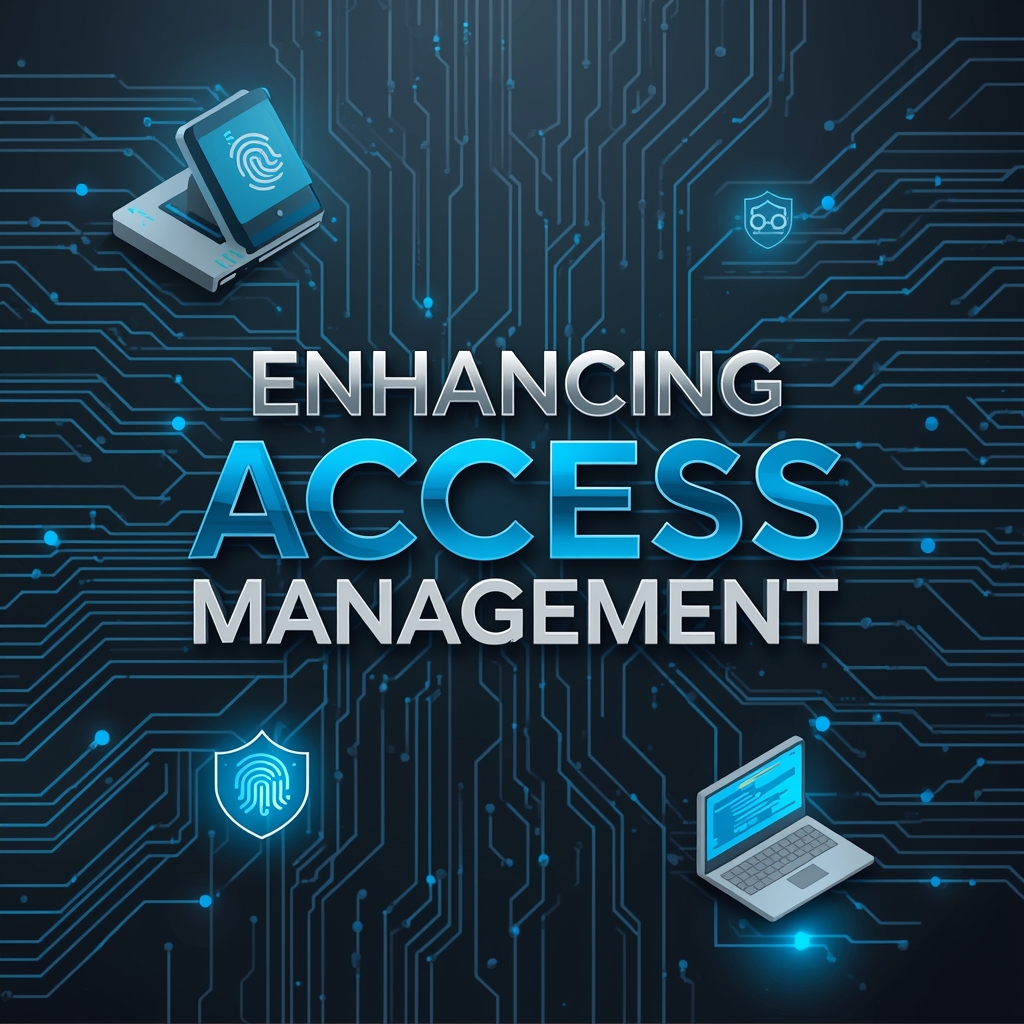Artificial intelligence (AI) has had a transformative impact on numerous industries, with consulting standing out as a sector where these advancements are reshaping traditional service models. As organizations face greater complexity in regulatory environments, data privacy and digital transformation, consultancies must continue to deliver higher-quality outcomes with increased efficiency. Leveraging AI-driven approaches allows consulting operations to provide improved accuracy, seamless automation and highly tailored client experiences. This education-focused article explores the expanding role of AI in enhancing consultancy service delivery, providing tangible examples specific to SAP Authorization Managed Services for small, mid-market and enterprise needs.
Modern Consulting Challenges and the Need for AI Adoption
Consulting firms, especially those specializing in SAP Authorization Managed Services Small-Market, SAP Authorization Managed Services Mid-Market and SAP Authorization Managed Services Enterprise-Market, face an array of complex challenges. Clients increasingly demand rapid turnaround times, tailored solutions and proactive compliance management while ensuring cost-effectiveness. Manual processes can lead to delays, elevated human error risks and potential gaps in compliance monitoring. With regulations constantly shifting and organizations often migrating to systems like SAP S/4HANA, there is substantial pressure to streamline the entire authorization and risk management process. AI-driven solutions can help consultancies manage these expectations, automate routine assessments and deliver consistent service quality across a diverse client base. By infusing AI into their core managed services, consultancies remain competitive and relevant in a crowded marketplace.
Understanding AI-driven Automation in SAP Authorization Management
Automation powered by AI has paved the way for remarkable advancements in managed SAP authorization services. For small-market clients, AI-based systems simplify user provisioning, monitor Segregation of Duties (SoD) violations and optimize role assignments in real time. In the mid-market and enterprise segments, these solutions can analyze large data sets, detect access risks and support multi-subsidiary frameworks. AI-powered platforms are capable of learning from historical authorization patterns and flagging anomalies that indicate potential security threats or inefficient access structures. Automation also enables repetitive tasks such as user role reviews, risk analysis reporting and compliance documentation to be executed without manual intervention, significantly reducing operational costs and increasing responsiveness. When properly integrated, AI-driven automation provides consultancies with the tools to meet precise client requirements, fostering trust through accuracy and transparency.
Personalized Service Delivery through AI-enhanced Insights
Delivering individualized client experiences is a top priority for consulting firms. AI facilitates this by leveraging machine learning and advanced analytics to provide actionable insights tailored to each organization’s unique SAP landscape. For SAP Authorization Managed Services Enterprise-Market, AI can identify patterns across global operations, recommend custom access policies and adjust controls based on evolving business requirements. In the small-market space, AI tools can monitor authorization usage trends among fewer users and recommend right-sized configurations to enhance security without adding undue complexity. Mid-market solutions benefit from AI’s ability to model risk scenarios that simulate potential organizational growth and regulatory changes, ensuring continued compliance. This data-driven personalization leads to more relevant recommendations, efficient operations and a measurable boost in client confidence regarding the ongoing security and compliance of their SAP environments.
Enhancing Risk Management with Predictive AI Technologies
Risk mitigation remains a central concern for organizations relying on robust SAP environments. AI equips consultancies with predictive capabilities that enhance risk management strategies at every level. For instance, SAP Authorization Managed Services for mid-market businesses can employ AI to anticipate future access violations, monitor user behavior and proactively trigger controls before issues escalate. In enterprise contexts, predictive AI can model the impacts of potential policy changes or organizational restructures, helping clients avoid costly missteps. By continuously analyzing user activities, system logs and access requests, AI systems highlight emerging risks and provide early warnings, supporting a more agile response to threats. These predictive insights help consultancies shift from reactive to truly proactive service delivery, maintaining client readiness for audits, regulatory reviews and cybersecurity challenges.
Optimizing Compliance and Audit Readiness with Machine Learning
Meeting regulatory obligations and maintaining audit readiness are essential for any organization utilizing SAP systems. AI and machine learning enable managed service providers to automate many facets of compliance management, greatly enhancing accuracy and consistency. For SAP Authorization Managed Services Small-Market, AI can automatically reconcile user roles against compliance frameworks like GDPR, SOX and ISO 27001, generating detailed audit trails for every decision. In larger enterprises, machine learning systems can handle vast numbers of transactions, cross-referencing them with internal controls to identify issues in real time. This level of automation and intelligence supports clear documentation, helps avoid audit findings and ensures alignment with industry standards at all times. For consulting firms, the adoption of AI-driven compliance tools strengthens their value proposition, as clients gain peace of mind regarding their risk and regulatory posture.
Accelerating Service Delivery and Response Times
One of the core demands from clients is prompt and reliable service delivery, especially during system migrations or compliance-heavy periods. AI-driven solutions improve turnaround times by automating time-consuming processes, quickly generating reports and minimizing the need for manual intervention. In small-market settings, AI can rapidly onboard new users, provision roles and detect missing approvals. For mid-market and enterprise customers, automated workflows handle complex, multi-step processes such as SoD remediation, periodic access reviews and emergency access requests. This increased speed not only reduces project lead times but also ensures fewer disruptions for the client’s own business, especially when managed services are required over weekends or at peak operational periods. The deployment of AI in these scenarios positions consulting firms as partners capable of sustaining operations and supporting urgent client needs, regardless of project scale.
Cost management is critical when selecting a managed service partner. AI helps consultancies deliver SAP authorization services at a lower cost by streamlining operations, optimizing resource allocation and enabling more precise labor planning. By reducing dependence on manual audits and interventions, consultancies can allocate human expertise where it adds the most value while letting AI handle repetitive or high-volume tasks. For small-market clients, this translates into affordable managed services that do not sacrifice quality. In the mid-market and enterprise segments, the efficiency dividend from AI adoption often results in significant cost savings, reduced downtime and improved service scalability. Forward-looking consultancies rely on AI to maximize value for clients across all market sizes by continually refining their offerings in response to new data and client feedback.





